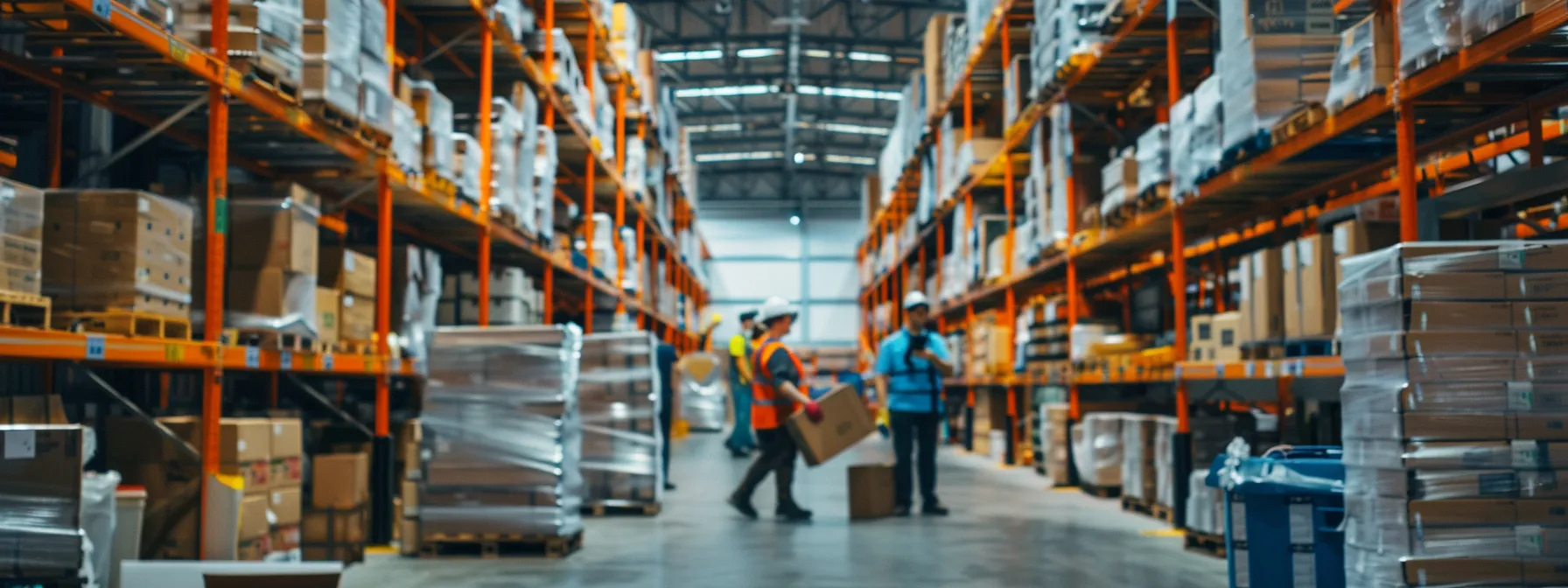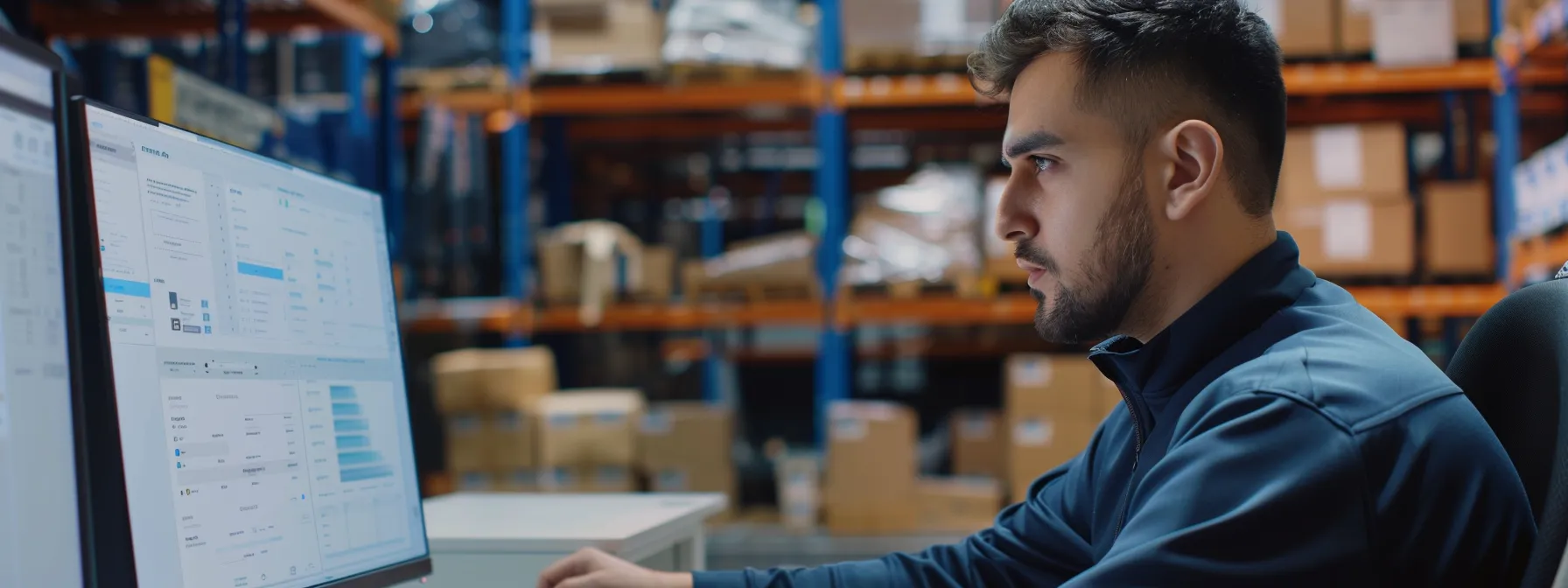Streamlining Operations: Tools and Resources for Successful Delivery Businesses
Delivery businesses play a crucial role in the seamless flow of goods within our economy, particularly as demand for home delivery services continues to grow. To keep up with the competition and ensure customer satisfaction, it’s essential to utilize the best tools and resources available. From managing inventories to optimizing routes, every aspect can be improved with careful consideration and the right technology. Keep reading to uncover how you can streamline your delivery operations for success.
Inventory Management Systems for Streamlined Fulfillment

An effective inventory management system is indispensable for any delivery-based business. It allows for real-time tracking of stock levels, reducing the risk of overstocking or understocking. By ensuring the right products are available when needed, companies can avoid costly delays and maintain customer trust.
Automation plays a pivotal role in modern inventory systems, with barcode scanning and RFID technology speeding up order processing and reducing human error. When warehouses are organized and stock is tracked accurately, delivery businesses can drastically improve their fulfillment times and enhance customer satisfaction.
The integration of inventory systems with other business operations, like a business checking account, allows for more fluent cash flow management. Real-time data on inventory turnover rates helps to inform purchasing decisions and budgeting, ensuring financial resources are allocated efficiently.
Essential Tools for Enhancing Delivery Efficiency
In the delivery business, time is of the essence, and efficiency is the name of the game. Essential tools range from GPS tracking devices to facilitate real-time location updates to handheld devices for drivers that assist in efficient package tracking and customer receipt confirmations. This blend of hardware and software ensures that the right packages are delivered on time with minimal errors or delays.
Furthermore, fuel efficiency is another critical factor impacting the bottom line of any delivery operation. Adopting fuel-efficient vehicles and using advanced fuel, which is designed to help improve fuel economy, can significantly reduce operational costs and enhance sustainability efforts.
Communication tools are also vital for maintaining contact between drivers and dispatch. Modern delivery operations benefit from dynamic scheduling applications that can adapt to sudden changes in delivery routes or vehicle availability, adjusting in real time to maintain efficiency. This flexibility ensures that the business can react swiftly to unexpected challenges.
The Role of Customer Relationship Management (CRM) in Delivery Success

CRM systems play a crucial role in the logistics of delivery businesses. They provide a centralized database for all customer interactions, preferences, and history. Armed with this information, companies can personalize their services and cultivate loyalty, which is important in a competitive landscape.
A sophisticated CRM system will facilitate proactive customer service, such as notifying customers about the status of their delivery or potential delays. This proactive communication is key to managing expectations and enhancing the overall customer experience. A satisfied customer is more likely to become a repeat customer, and CRM is the tool that helps make that happen.
The ability for delivery businesses to receive feedback through their CRM systems is also invaluable. Not only can they address any issues promptly, but they can also use this information to refine their services continuously. Such agility in adapting to customer needs can significantly boost a company’s reputation and growth potential.
Analyzing Delivery Performance With Data Analytics and Reporting Tools

Data analytics is transforming the way delivery companies measure their performance. With a wealth of data at their disposal, businesses can dive into granular details about their operations, uncover inefficiencies, and make informed strategic decisions. The use of these tools can lead to significant cost reductions and improvements in delivery timeliness.
Reporting tools take the raw data and convert it into easy-to-understand reports and dashboards that highlight key performance indicators. This visibility allows managers to track progress toward their goals and quickly intervene if certain metrics begin to trend negatively. Having an accurate, comprehensive understanding of performance is crucial for continuous improvement.
Finally, with tools geared toward customer analytics, delivery companies can understand purchasing patterns and preferences, personalizing their offerings to increase customer retention. Data-driven decisions ensure that a business is not just reacting to the market but proactively shaping its services to meet emerging needs.
Overall, the effective use of tools and technology is indispensable for any delivery business aspiring to achieve operational excellence and customer satisfaction. With the right approach to technology deployment in routing, inventory management, customer relationships, and data analytics, companies can secure a robust and efficient delivery ecosystem that responds to the needs of a dynamic market. By embracing these strategies, businesses set themselves up for long-term success and resilience in an ever-competitive landscape.




